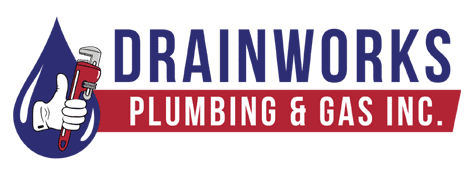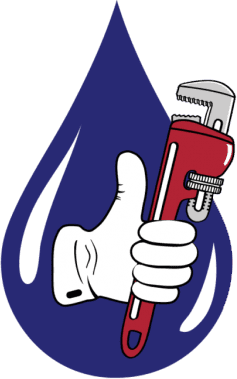
Water Treatment
For those who want to ensure that their water is of the highest quality, a water treatment system is a must.
The right type of water purification system can remove harmful contaminants in your tap water, as well as provide you with great-tasting drinking water for cooking and other purposes.
So, when it comes to installation, who do you trust?
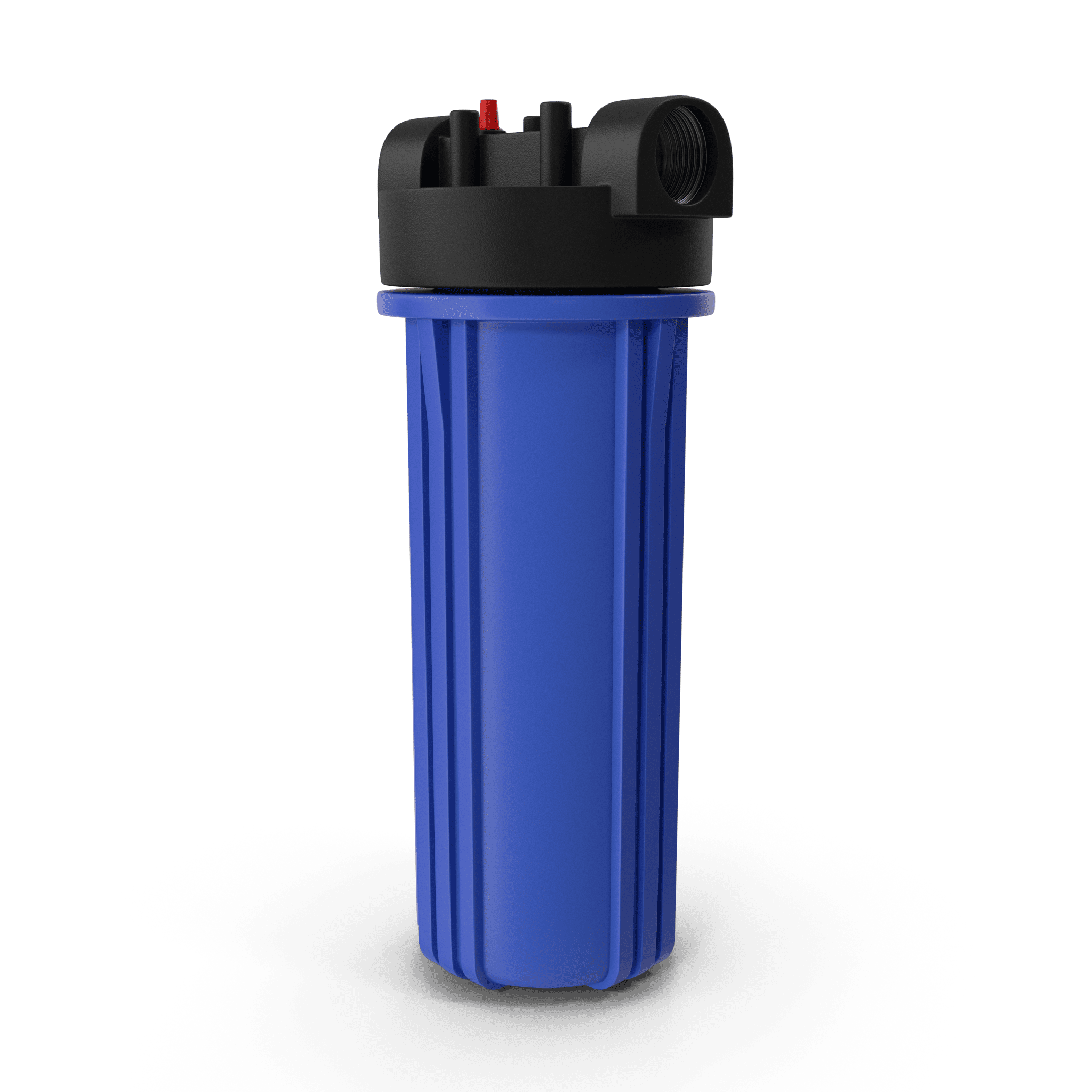
Filtration Systems
There are many different types of water filtration systems on the market, each with its own pros and cons. It’s important to know what you need before selecting a system, as not every model will be right for your home.
Trusting a professional to install your water filtration system is a good idea if you want to ensure that it’s done correctly. Our team of installation experts will know which type of system is right for your home and will be able to help you select the best model for your needs.

Water Softeners
A water softener is used to remove excess minerals such as calcium and magnesium from hard water, making it “softer” and more pleasant to use. These minerals can cause buildup in pipes and appliances, making them less efficient, and can also leave behind unsightly stains and mineral buildup on fixtures.
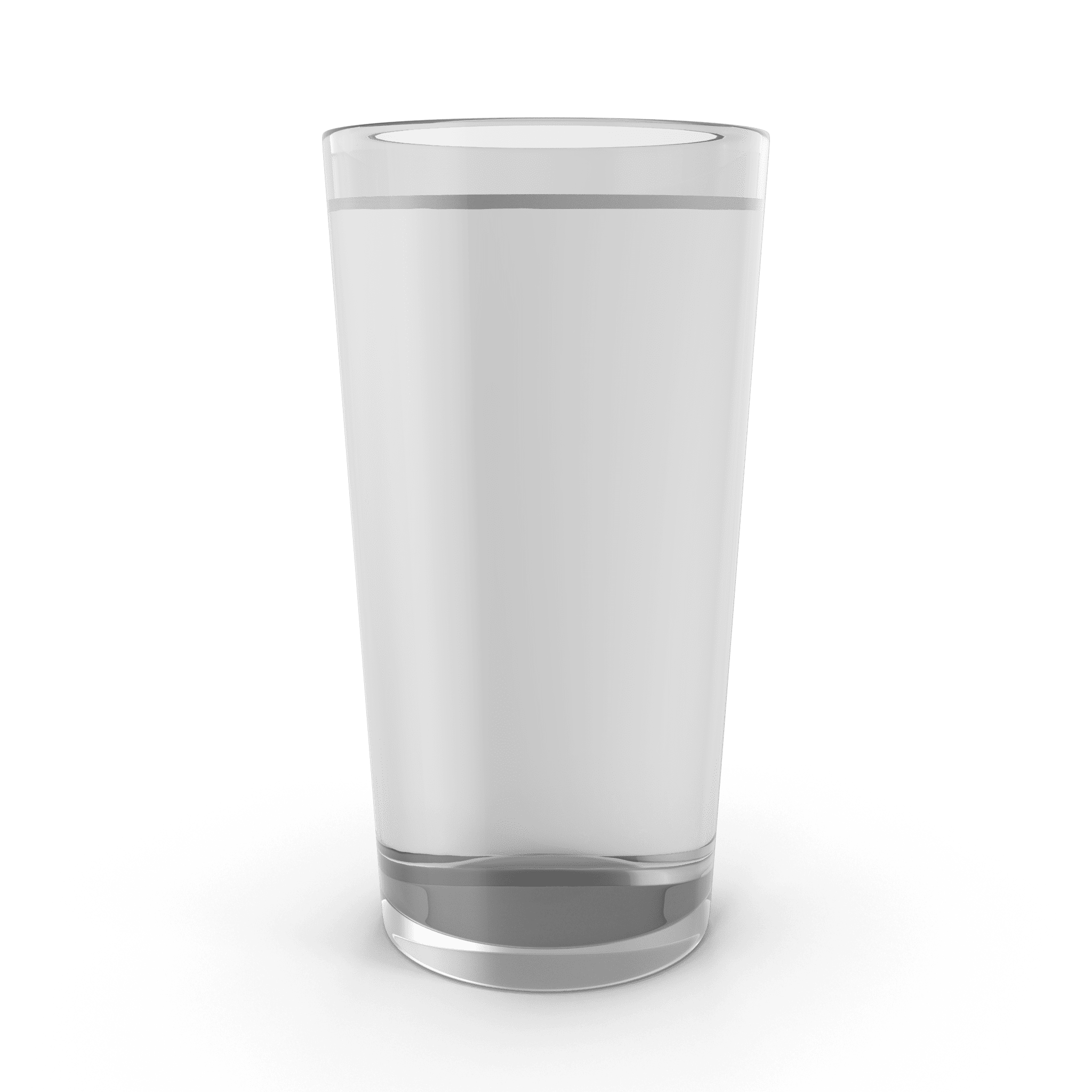
Reverse Osmosis Systems
A reverse osmosis system is the most effective way to filter your water, but it’s also the most expensive. These systems use a process called “reverse osmosis” to remove contaminants.
Reverse osmosis systems are usually installed by a professional under the sink or in your garage and can be used with hot or cold water.
Drainworks Plumbing is a top-rated professional plumbing service serving Hillsborough County, FL. We offer a wide range of plumbing services including emergency repairs, installation, and maintenance for both residential and commercial properties. Our team of experienced and licensed plumbers are dedicated to providing top-quality service and ensuring customer satisfaction. We use the latest technology and techniques to diagnose and repair any plumbing issue quickly and efficiently. With Drainworks Plumbing, you can trust that your plumbing needs will be handled promptly and professionally.
Why Hire our Plumbers?
Our team is unique to the Hillsborough county market. With installers and highly trained plumbers with nearly two decades of experience, you can be sure both you and your home are in good hands. We pride ourselves on our reputation in the community, and consider it our privilege to serve you and your family.
At Drainworks Plumbing & Gas, our goal is to consistently provide a positive experience you can trust. As a licensed company, we work diligently to provide quality work and build relationships with our customers. With so many choices available to you when managing your plumbing and gas system needs, we understand the importance of going above and beyond to ensure outstanding service.
Our team of professionals has almost two decades of experience in the plumbing and gas industry.
Our services include but are not limited to:
- Residential and Commercial Plumbing Services
- Service and installation of electric, gas, and tankless water heaters
- Gas Line Installation
- Drain cleaning and video inspections
- Plumbing Fixture Installation
At Drainworks Plumbing and gas, we are dedicated to providing quality plumbing service at competitive prices, with personal attention and care for our customers. We take pride in our work and can guarantee your satisfaction with any project we undertake. From toilet replacement to clogged drains, appliance installation to water quality and filtration, we hope you’ll trust the experts at Drainworks to meet your families plumbing needs.
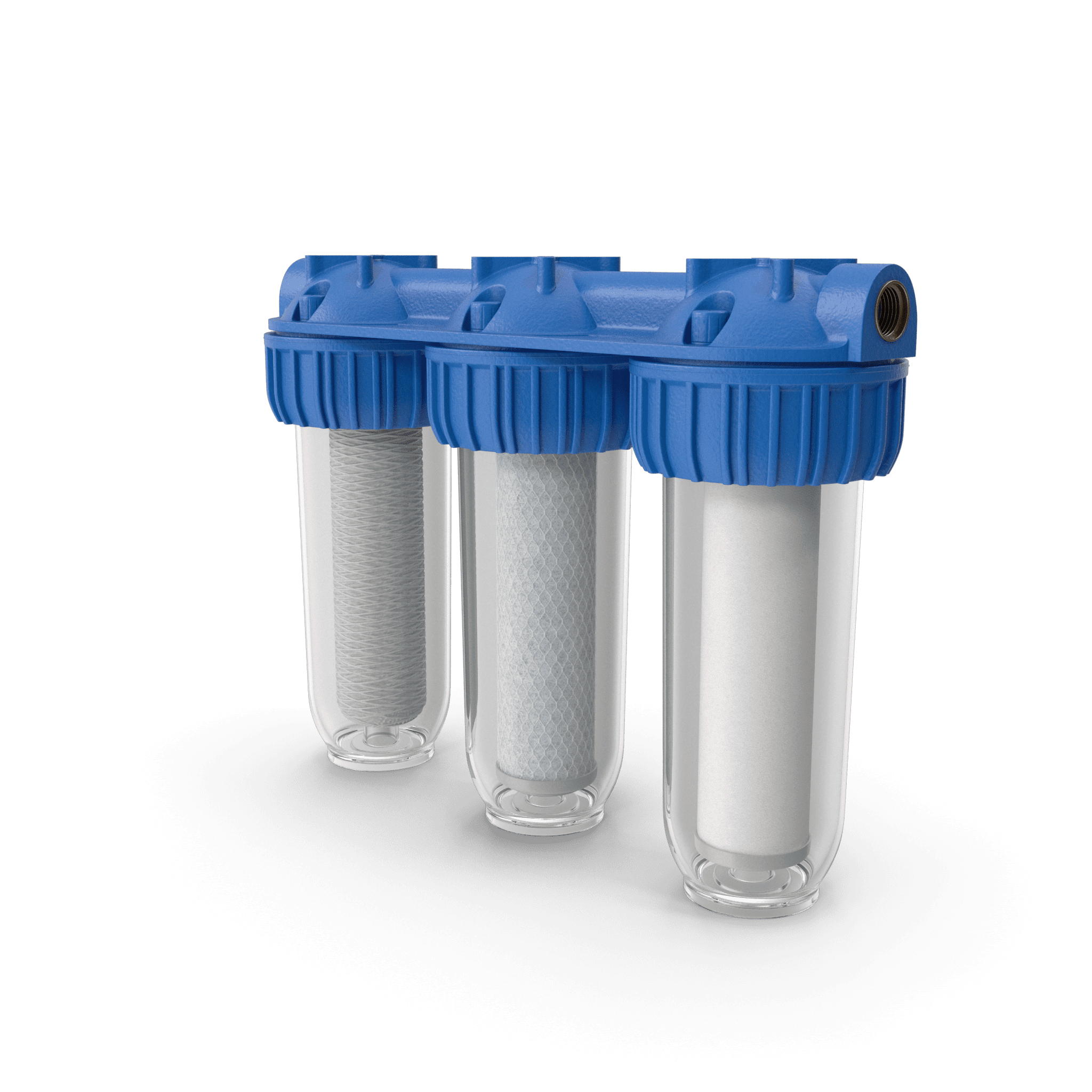
Filtration

Whole Home Filtration

Reverse Osmosis Systems
A reverse osmosis (RO) system is a type of water filtration system that uses a semi-permeable membrane to remove impurities from water. RO systems work by applying pressure to water, which forces it through the semi-permeable membrane, leaving impurities behind. They can be installed as whole-house systems, or as point-of-use systems, installed under the sink or connected to specific appliances, like a refrigerator. Reverse osmosis systems are highly effective at removing dissolved impurities, such as minerals, salts, and dissolved solids, as well as bacteria, viruses and other pathogens. They can also remove a wide range of dissolved chemicals and pollutants, such as pesticides, herbicides, and chlorine by-products.
One of the main advantages of an RO system is that they can produce high-quality water that is safe to drink, that can make it taste better, and is beneficial to use for cooking and making beverages. They can also prolong the life of household appliances and plumbing fixtures, by reducing the build-up of minerals in the pipes, increasing their efficiency and reducing the need for repairs.
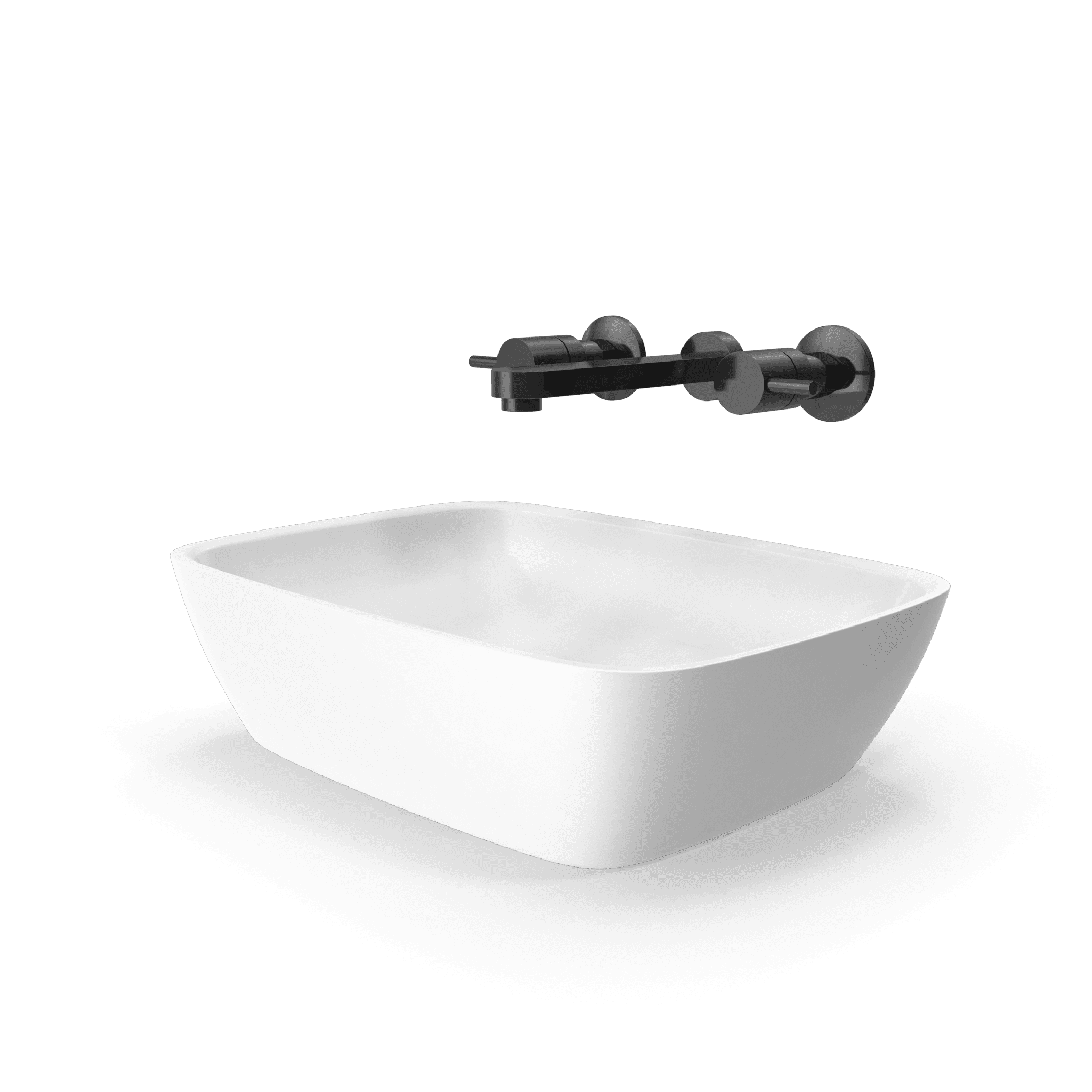
Point of Use System
Point-of-use (POU) water filtration systems are designed to treat water at a specific location or appliance, rather than treating all the water that enters a home as whole-home filtration systems do. They can be installed under the sink, connected to specific appliances, such as refrigerators or installed at the point of use, such as a kitchen or bathroom faucet. POU water filtration systems can use a variety of filtration methods to remove impurities, such as mechanical filtration, chemical filtration, and reverse osmosis. They can be effective at removing a wide range of impurities, such as sediment, chlorine, pesticides, and dissolved minerals.
One of the main advantages of POU systems is that they provide a convenient way to have high-quality water for specific uses, such as cooking or drinking. They also can be customized to remove specific impurities or to increase water pressure, based on the needs of the household. They are also a cost-effective option as compared to whole-home systems, as they only treat the water that is used at a specific location or appliance. POU systems are also relatively easy to install and maintain, and can be used as a supplement to a whole-home filtration system for additional treatment at specific points.

UV Water Purification
A UV (Ultraviolet) water filtration system is a type of water treatment system that uses UV light to destroy bacteria, viruses and other microorganisms present in water. UV systems use a UV lamp that emits UV-C light at a specific wavelength (253.7 nm) to inactivate or kill these organisms as water passes through the UV chamber. They are typically installed as a point-of-use systems, and can be used as a supplement to other filtration methods, such as reverse osmosis or activated carbon filtration.
One of the main advantages of UV systems is that they can effectively eliminate harmful microorganisms without adding any chemicals to the water. They are also relatively low-maintenance, easy to install and operate. They can be especially beneficial for wells or other sources of water that are known to be contaminated with bacteria, viruses, or other microorganisms. UV systems are also effective in treating water that has already been filtered, but still contains microorganisms, ensuring that the water is safe for drinking and other uses.
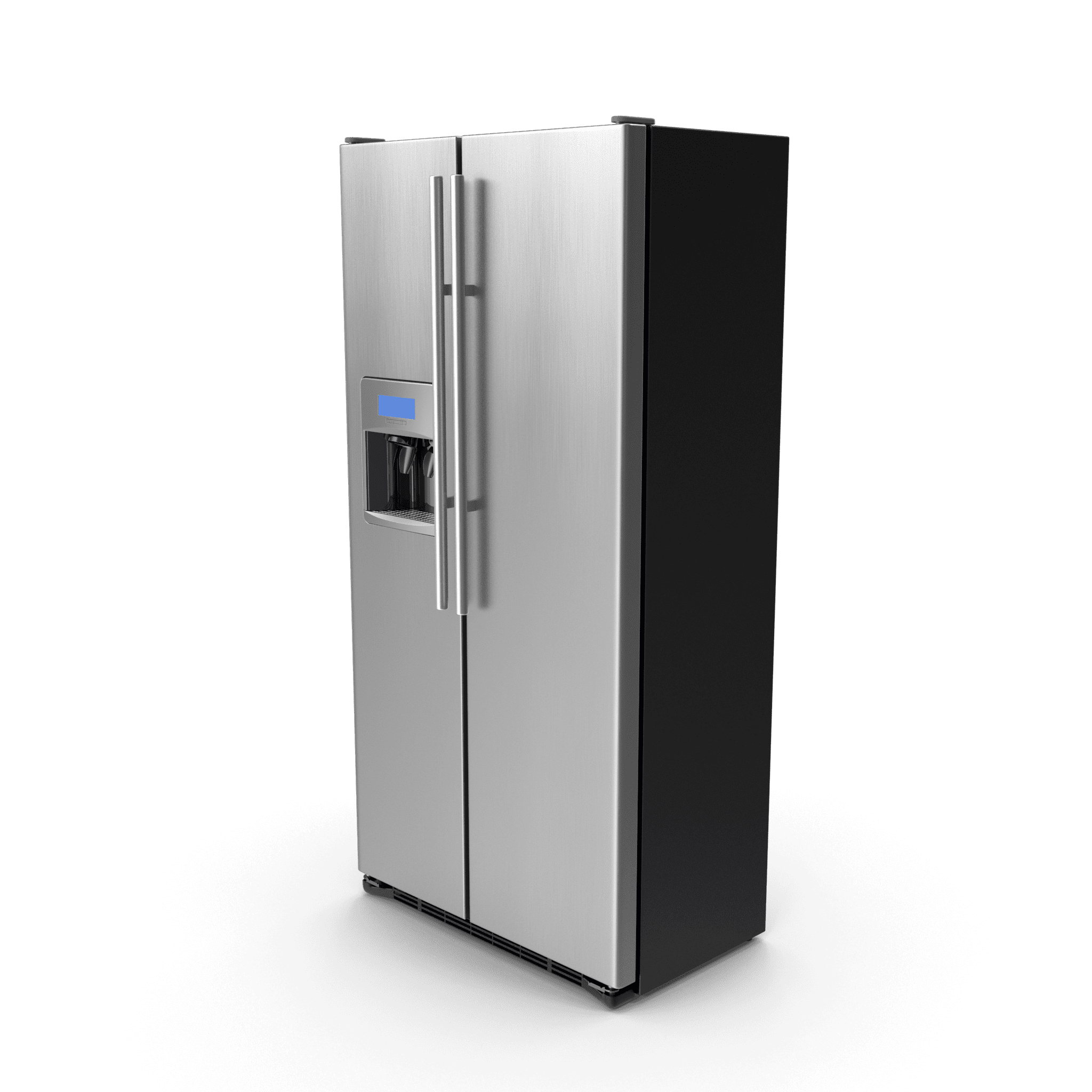
Appliance Water Filtration
These water treatment systems are designed to remove contaminants from your household appliances, such as refrigerators and dishwashers. They can also be used on faucets and shower heads, which is why these systems are often referred to as point-of-use (POU) filters.
POU filters are very effective at removing the majority of harmful chemicals and organisms that may be present in your water supply.
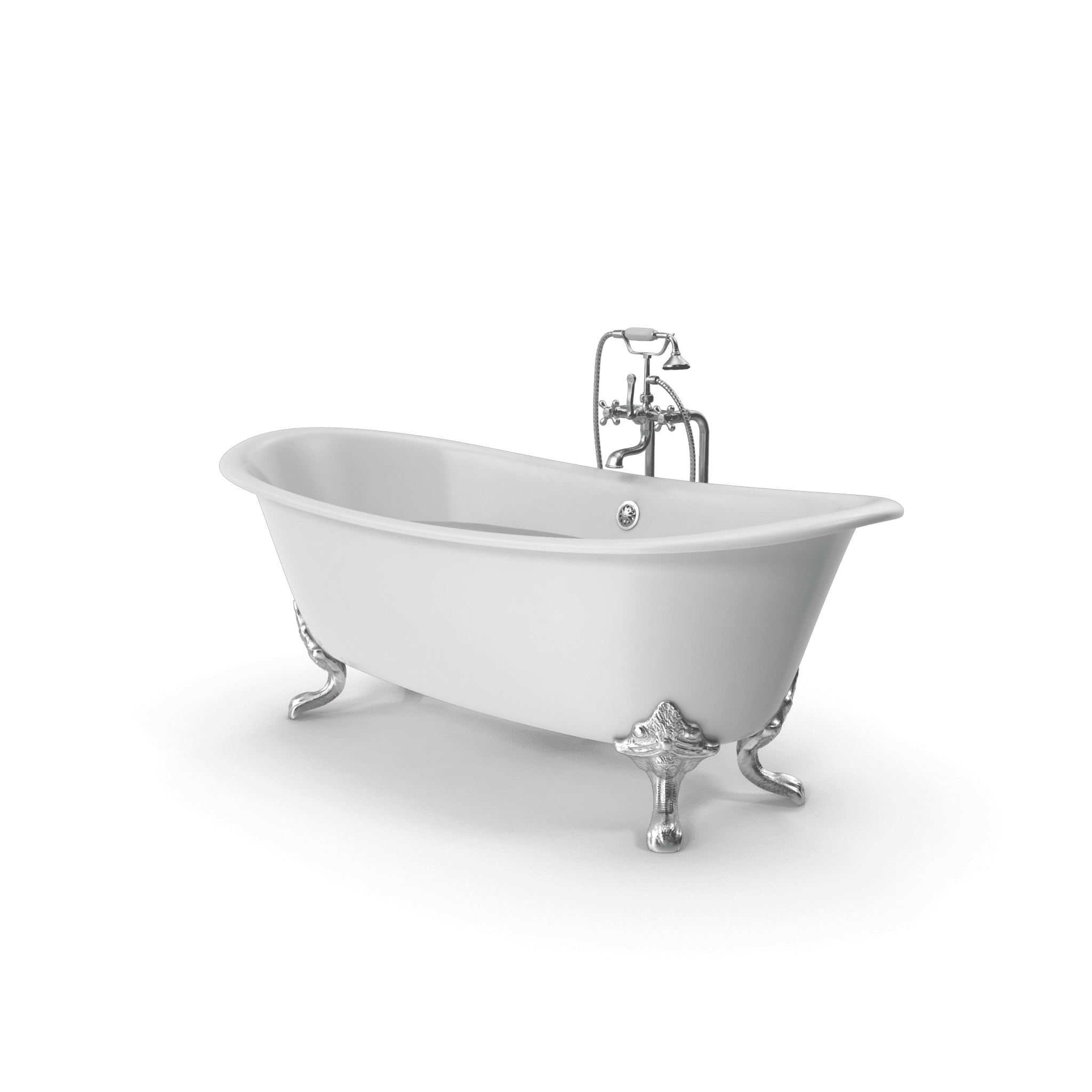
Scale Prevention
Scale is typically composed of minerals such as calcium and magnesium, and can form as a result of hard water. Scale buildup can reduce the efficiency of appliances and plumbing fixtures, and also can cause them to wear out more quickly.
Scale prevention systems work by preventing mineral buildup before it can occur, by introducing a substance that can change the mineral’s solubility, so that it does not form solid crystals, or by preventing the minerals from depositing in the first place. These systems can be installed as a whole-house or as point-of-use systems, and can use a variety of methods, such as chemical treatment, electronic treatment or magnetic treatment.
One of the main advantages of scale prevention is that it can help to prolong the lifespan of appliances and plumbing fixtures, by reducing the buildup of minerals in the pipes. It also can help to improve the efficiency of appliances, by reducing the buildup of minerals on internal parts. Scale prevention systems can also help to improve the taste and quality of water by reducing the amount of minerals in the water.

Softeners
A water softener is used to remove excess minerals such as calcium and magnesium from hard water, making it “softer” and more pleasant to use. These minerals can cause buildup in pipes and appliances, making them less efficient, and can also leave behind unsightly stains and mineral buildup on fixtures. Water softeners work by running the hard water through a bed of ion-exchange resin beads, where the minerals are exchanged for sodium ions. The resulting water is “softened” and less likely to cause damage to pipes and appliances. They come in different types, including salt-based, salt-free, and magnetic systems. They can also vary in size and complexity and can be installed as a whole-house unit or as point-of-use units. They can be connected to the main water line or installed separately to specific appliances like washing machines or dishwashers.
One of the main advantages of water softeners is that they can improve the quality of your water by reducing mineral buildup and stains, making it easier to use and also prolonging the life of appliances and plumbing fixtures. They can also improve the efficiency of appliances by reducing mineral buildup in pipes. Softened water can also leave skin, hair and clothes feeling cleaner, softer and it can improve the lathering of soap and shampoo. Click here for a quote on water softener installation.

Conditioners
A water conditioner is used in water treatment in order to improve its quality, taste and appearance. It also can help to protect appliances and plumbing fixtures from damage caused by hard water. Water conditioners can come in different types, such as salt-free conditioners, magnetic conditioners and electronic conditioners. The method of treatment depends on the type of water conditioner.
Salt-free conditioners work by changing the molecular structure of the minerals present in hard water, so that they don’t stick to surfaces, without the addition of salt. Magnetic conditioners use a magnetic field to change the structure of the minerals, allowing them to be rinsed away, also without adding salt. Electronic conditioners use an electronic process to change the properties of the minerals, preventing them from sticking and forming scale.
One of the main advantages of water conditioners is that they can improve the quality of your water by reducing mineral buildup and stains, making it easier to use, and also prolonging the life of appliances and plumbing fixtures. They can also improve the efficiency of appliances by reducing mineral buildup in pipes, and can be a suitable option for those who want to avoid the use of salt or chemicals. Want more info? Reach out today!

Water Testing
Water testing is the process of analyzing water to determine its chemical and physical properties, such as pH, total dissolved solids, hardness, and the presence of contaminants, bacteria, and other microorganisms. Testing can be done on both private well water and municipal water supplies, to ensure that the water treatment is safe for drinking, cooking, and other uses.
There are different types of water testing and water treatment methods, such as, chemical testing, physical testing and microbiological testing. Chemical testing measures properties such as pH, total dissolved solids, lead, copper, nitrates, chlorine, and bacteria. Physical testing checks for clarity, color, and turbidity. Microbiological testing is used to detect the presence of bacteria, viruses, and other microorganisms in the water.
One of the main advantages of water testing is that it can provide valuable information about the quality and safety of the water that a household is using, and also, identify any potential health hazards. It can also help in identifying the appropriate water treatment method and/or filter necessary to ensure safe and high-quality water for the household. It can also alert homeowners of potential leaks or water pressure issues.
“Drainworks did a great job. He was on time & very professional. He patiently answered all my questions. He also gave an honest explanation of his troubleshooting process along w/price. Terrific plumber who has the customer’s best interest as top priority. I will definitely hire him again the next time I need a plumber.”
“We had a high water bill and Drainworks was very quick to come out and check for leaks. We actually did have a leak from a pipe in the ground. He quickly got it repaired and for a reasonable price. We were very happy!”

Request a callback
We’d be thrilled to help you with your plumbing needs. Just leave your name and number and we’ll be in touch within 24 business hours.
